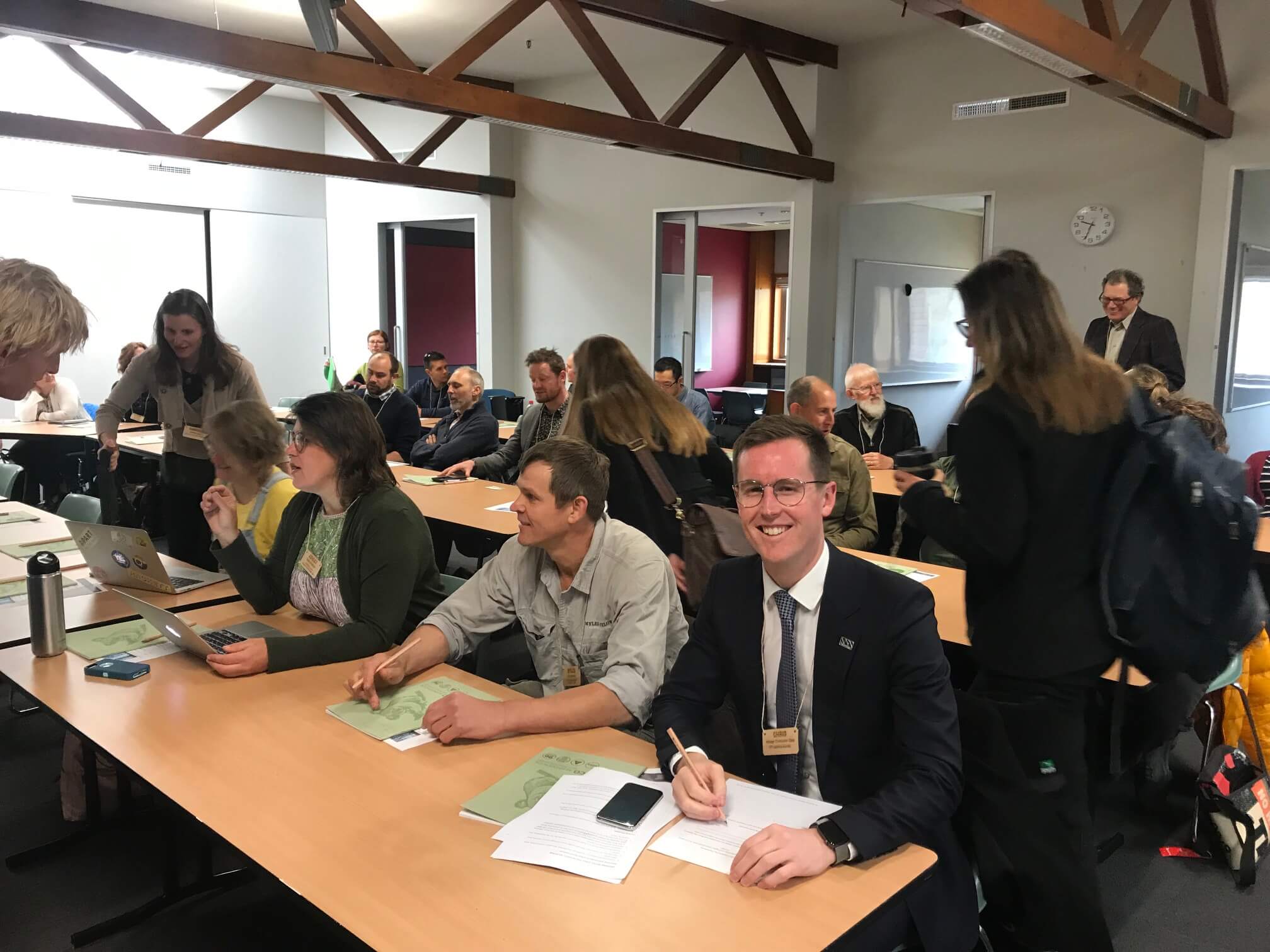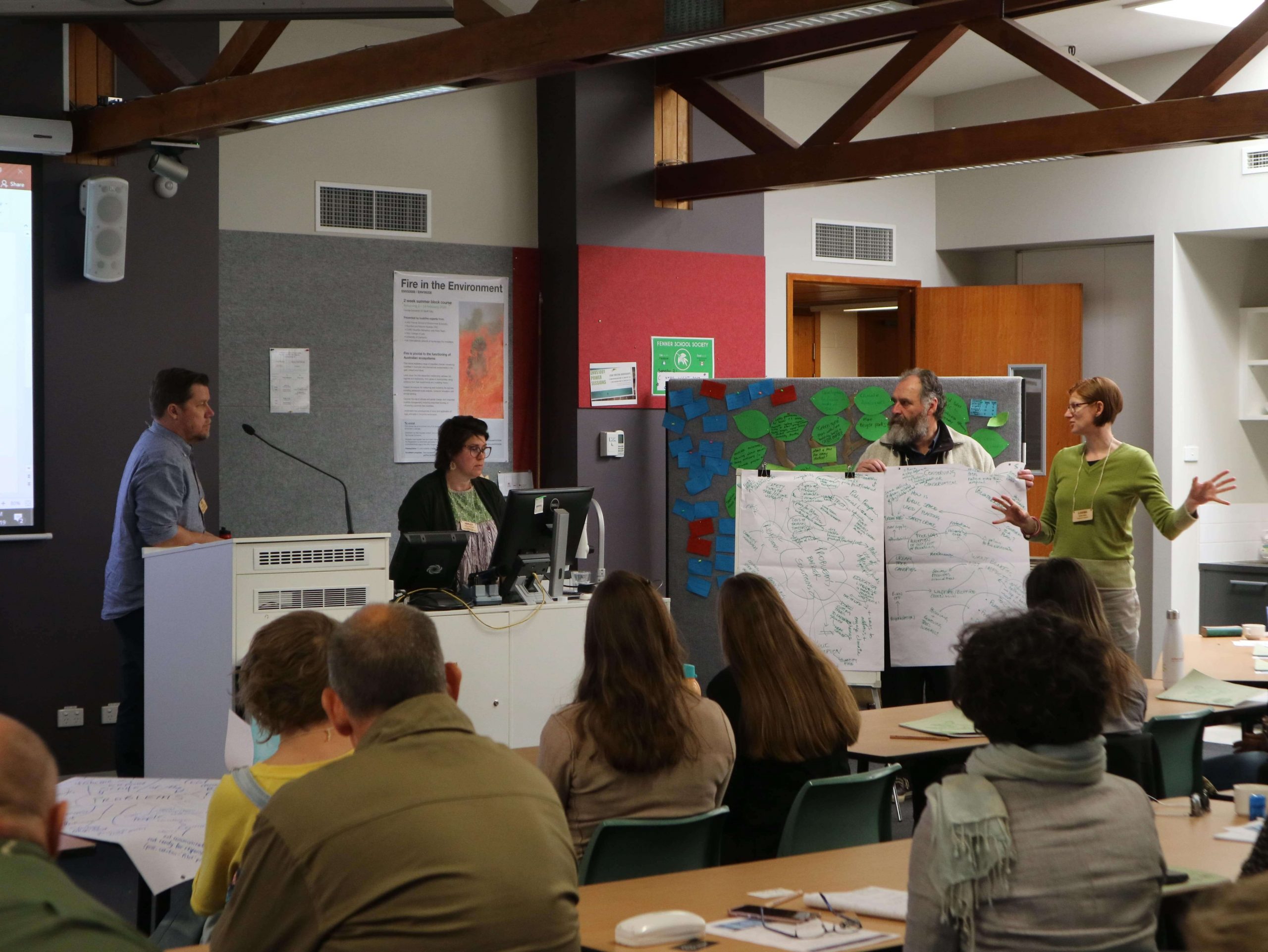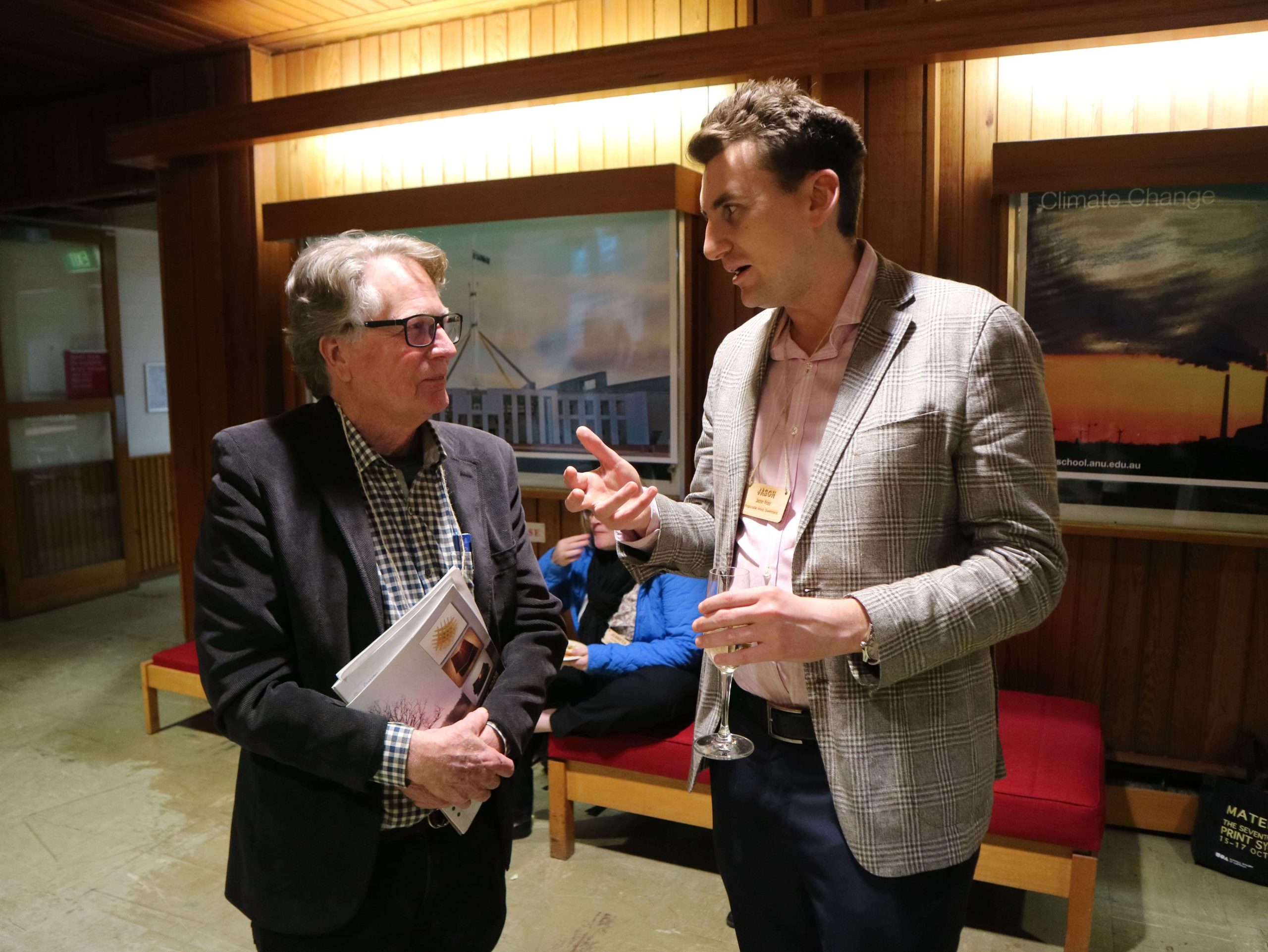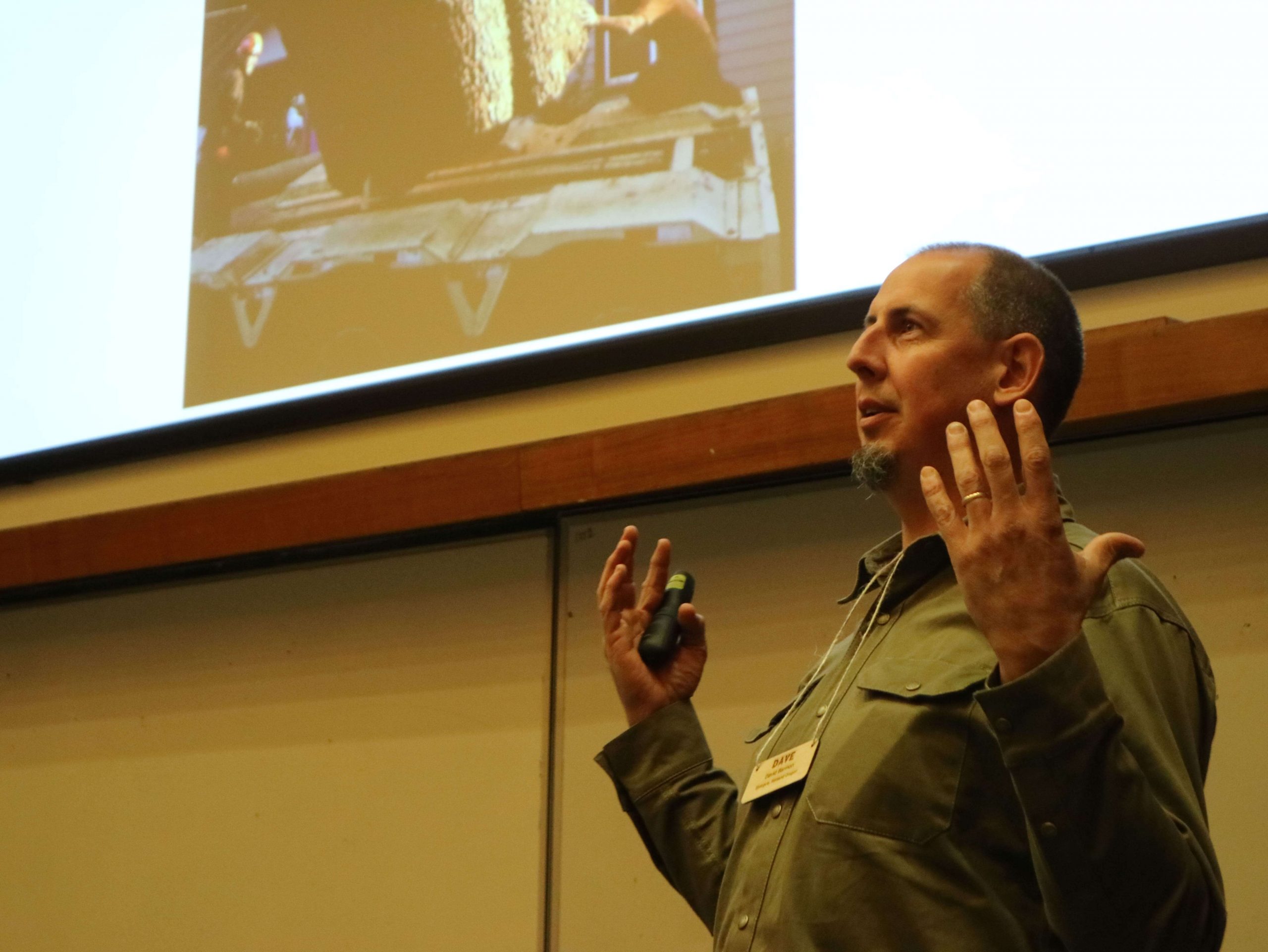‘A roll call of Australian and International experts participate in ANU synthesis workshop’
CANBERRA – 13/09/2019
Managing urban wood, or reclaimed timber, long considered a challenge for local government was in the spotlight as leading academics, government and industry professionals converged on the Australian National University (ANU) for a workshop.

Billed as the workshop to re-imagine how urban timber recovery can support sustainable forests, the workshop grappled with the important topics of forest planning, market development and public engagement; working with representatives from the Australian Capital Territory (ACT) Government to develop a sustainable urban forestry model for the local market.
Indeed with a commitment to replant 17,000 trees over the next 4 years, the ACT Government is committed to renewing its urban canopy.
And when it comes to sustainable management of the government’s urban canopy, Transport ACT plays an important role in managing urban wood on Canberra’s street scapes.
Presenting to the workshop, Minister for Transport Chris Steel emphasised the importance of urban forestry in improving climate resilience to adapt to climate change.
‘This is the largest program of tree planting this century to renew and enhance our urban forest for generations to come.’
‘We want to make sure we’re putting in place trees to help us adapt to climate change,’ Mr Steel said.
Opening the workshop, ANU associate professor and forester Dr Cris Brack provided important historical context to the challenges faced by Canberrans as the city’s mix of exotic and native trees age.
‘In many ways the history of Canberra can be told through our canopies, as the suburbs have developed, successive governments have supported development with an important emphasis on urban canopies.’
‘As our canopies continue to age, and dare I say it start to die, now more than ever is an important time to consider the importance of urban renewable but also the development of suitable frameworks and pathways for sustainable salvage of reclaimed trees,’ Dr Brack said.
Speaking from the sidelines, Responsible Wood’s Jason Ross was on hand to discuss the benefits of forest certification in providing frameworks for the sustainable management of urban canopies.
‘When it comes to sustainable management of forests, forest certification plays an all important role in demonstrating that the canopies are managed responsibly, for multi-generational use.’
‘Through the PEFC ‘Trees Outside Forests’ initiative, PEFC provides pathways for urban canopies to seek forest certification.’
‘And when it comes to salvaging reclaimed timber and developing markets for timber products, PEFC and Responsible Wood provide important pathways for market access.’
‘Responsbile Wood is a trust mark, providing consumers of timber and paper based products with confidence that forest products are sourced from responsible forests, using sustainable forest practices,’ Mr Ross said.
For more information about the workshop please visit the ANU Fenner School of Environment and Society. For more information about the ‘Trees Outside Forests’ initiative and Responsible Wood more generally please visit the Responsible Wood website.











